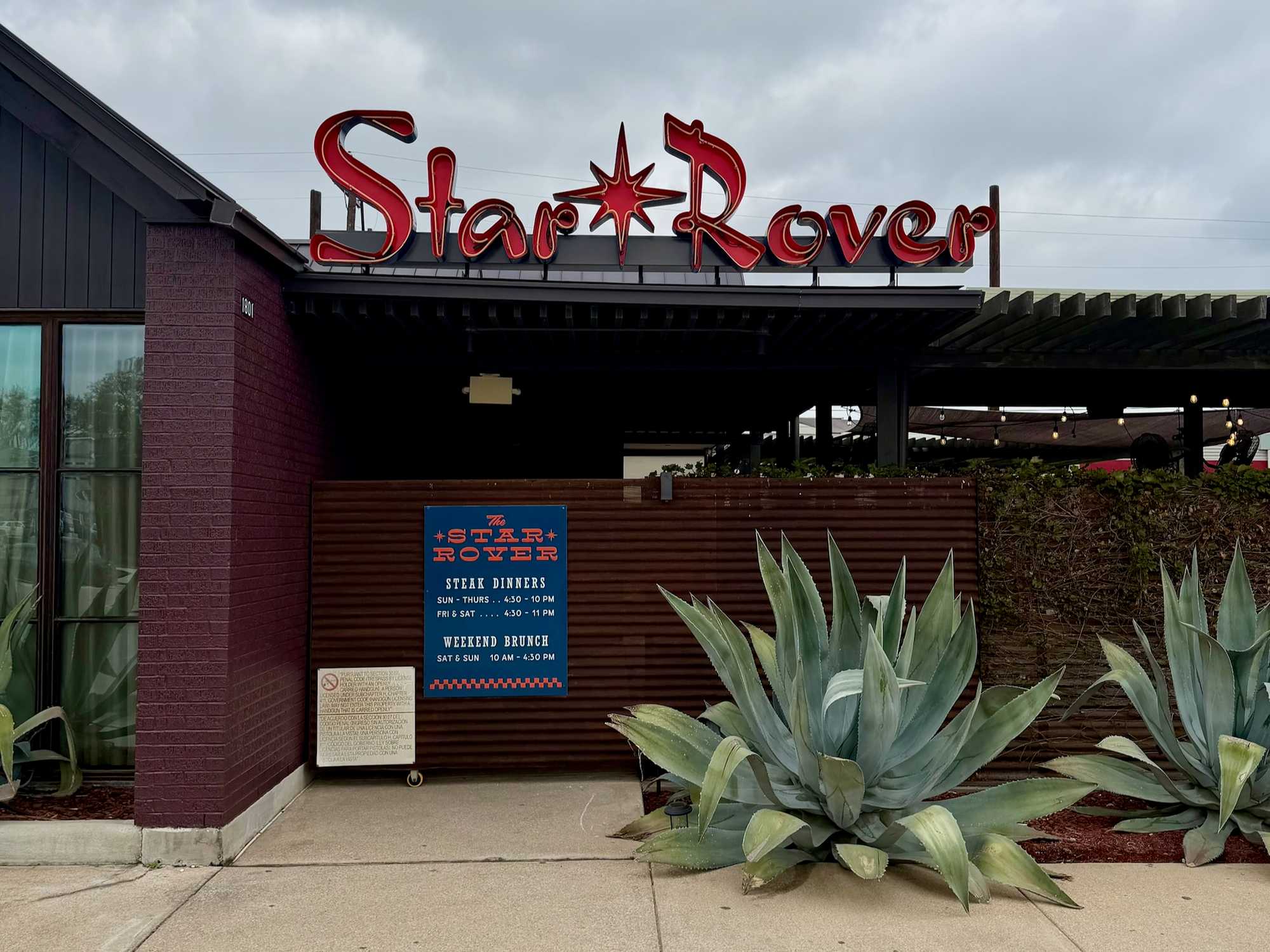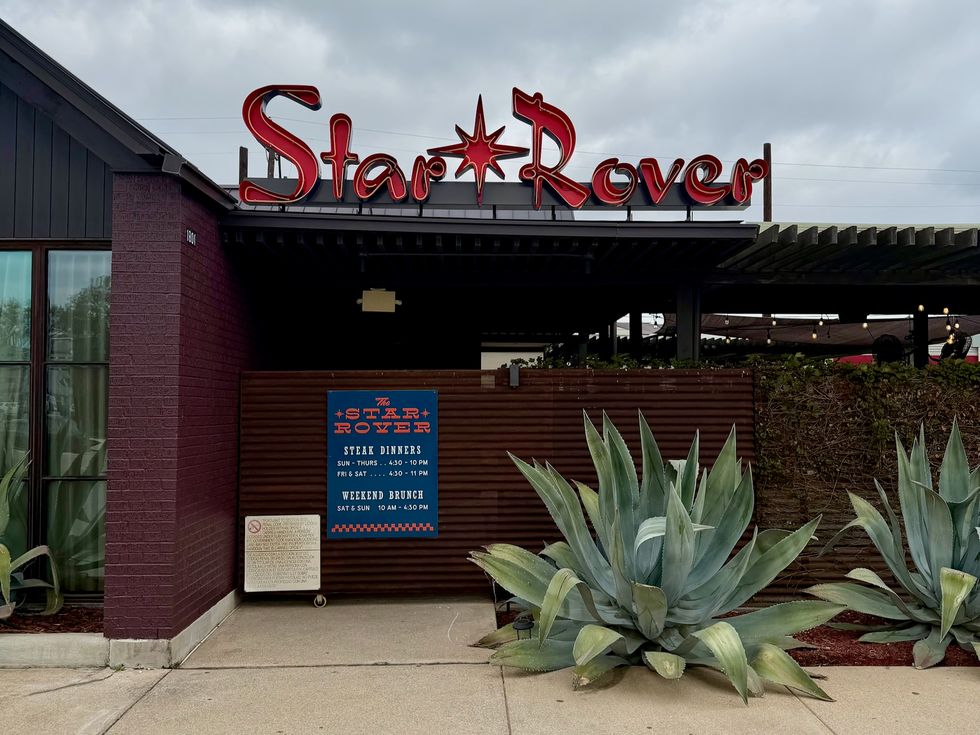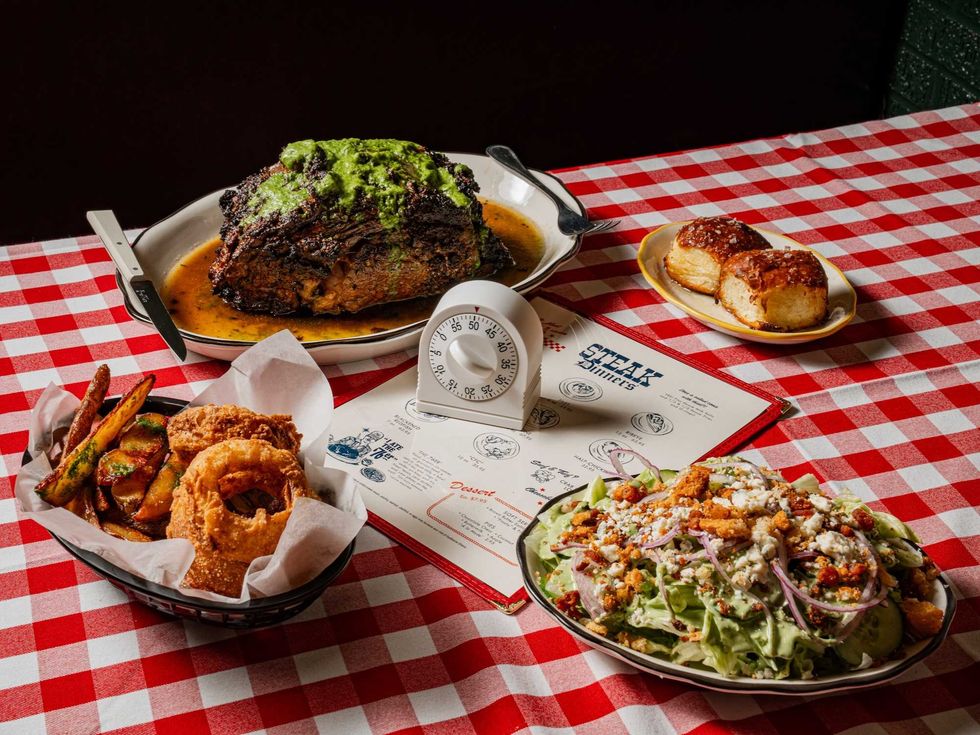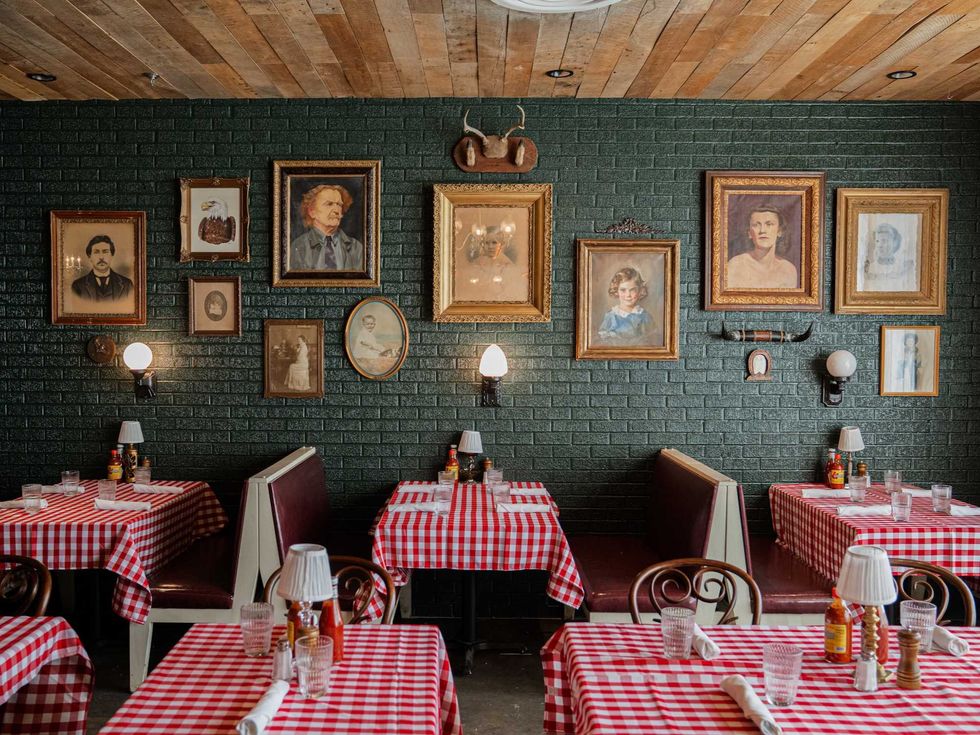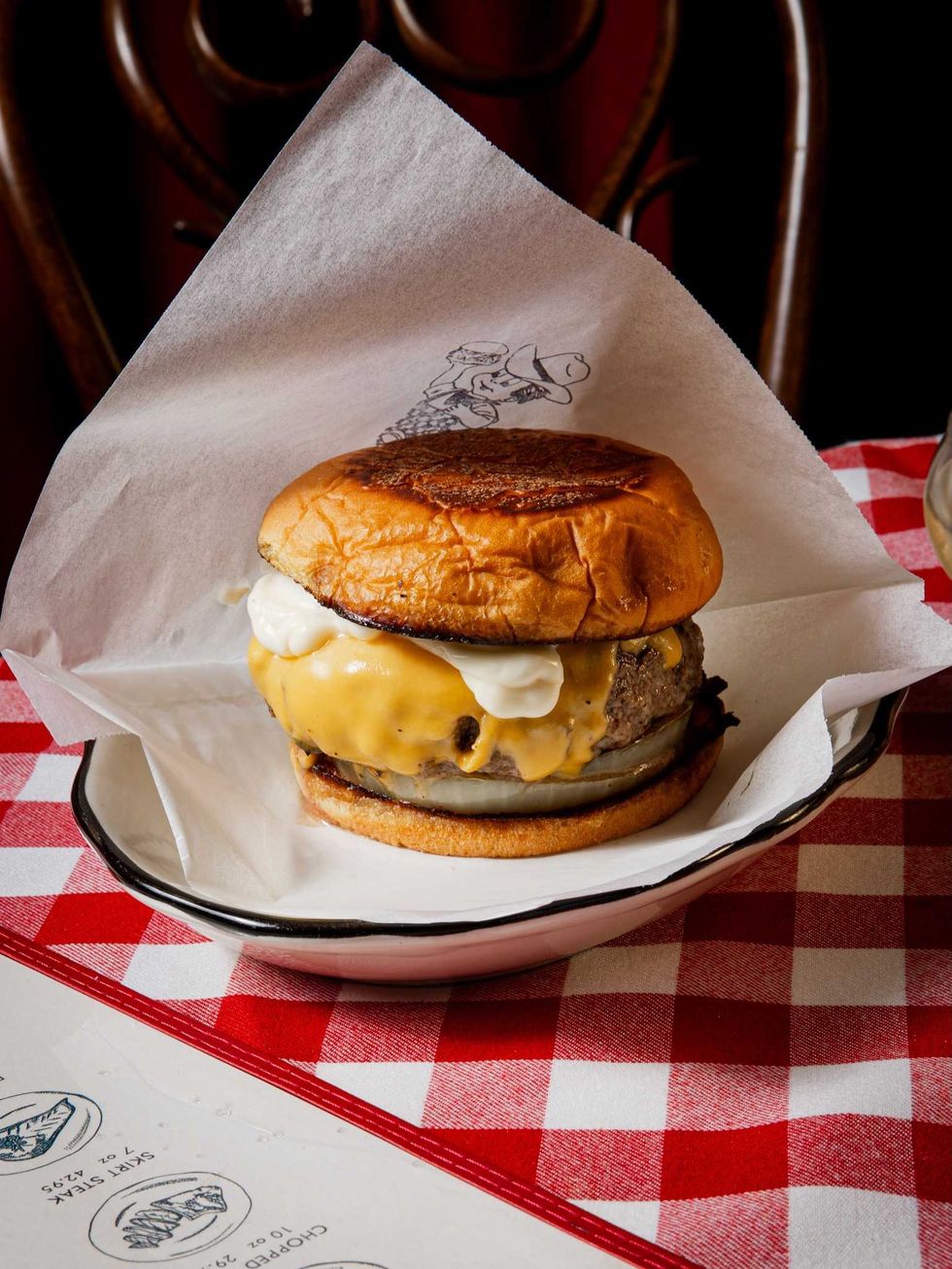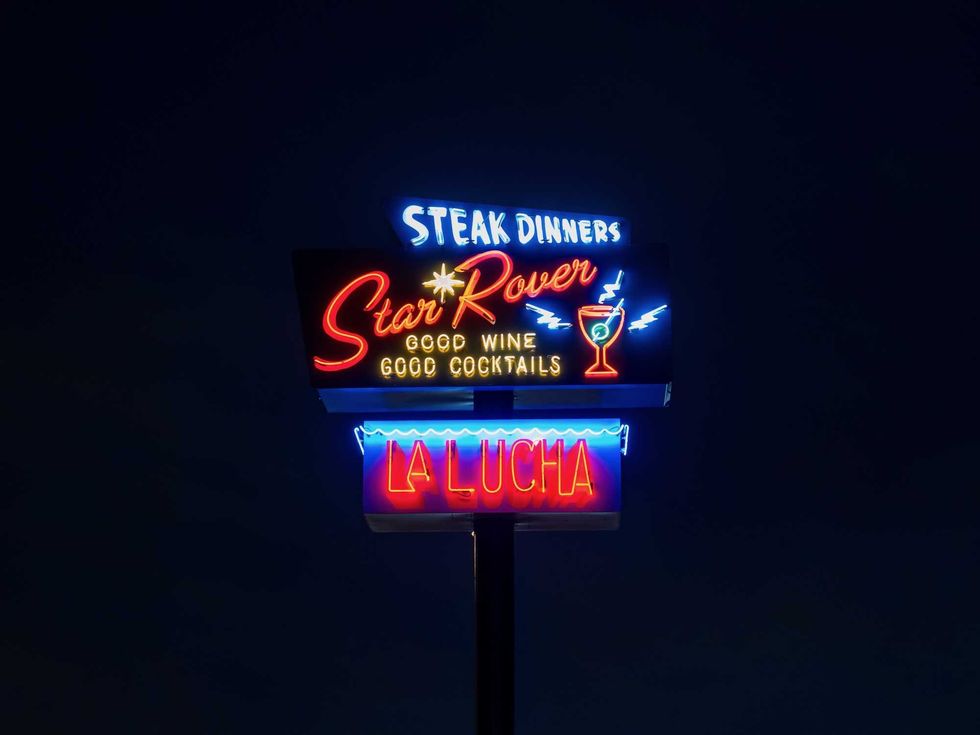No Beard for Hou
Houston shockingly shut out of prestigious Oscars of food awards

A morning that began with optimism at Houston’s prospects in the James Beard Awards ended in disappointment. None of the city’s record-breaking 11 semifinalists moved on to the finalist status for the awards, which are widely considered the Oscars of the culinary world.
That disappointment is exacerbated by the James Beard Foundation’s decision to come to Houston to announce the finalists live from Hugo’s in Montrose. Not earning any finalist nominations undermined the optimism spurred by Tuesday night’s sold out dinner at Caracol, where all of the city’s James Beard winners — Irma Galvan (Irma's), Robert Del Grande (Cafe Annie), Chris Shepherd (Underbelly Hospitality), Justin Yu (Theodore Rex), and Hugo Ortega (H-Town Restaurant Group) — served delicious dishes that highlighted the city’s culinary star power.
Still, the message from Foundation officials is that the city should feel proud of what it has accomplished — three of the Best Chef: Southwest winners since 2014 hail from Houston — and what is to come in the future.
“This is an amazing, dynamic, gracious food city,” Beard Foundation chief stategy officer Mitchell Davis tells CultureMap. “The reality is the voting is done by independent volunteers, it’s a national body [with] lots of judges. I can’t explain the results. All I can say is there’s a tremendous amount of integrity.”
Certainly no one is questioning the integrity of the results or even the worthiness of the chefs selected as finalists for Best Chef: Southwest: Charleen Badman of FnB in Scottsdale, Kevin Fink of Emmer and Rye in Austin, Michael Fojtasek of Olamie in Austin, Bryce Gilmore of Barley Swine in Austin, and Steven McHugh of Cured in San Antonio. Still, it does highlight a problem of a region that includes six states competing for a very limited number of spots: Arizona, Colorado, New Mexico, Oklahoma, Texas, and Utah. It’s an issue the foundation is aware of.
“We review the regions constantly, because our goal is to make everyone who cooks, no matter where he or she is cooking, have as fair a chance to win an award,” Davis says. “With that directive, the committees have been asked to review the restaurant statistics, the population statistics. I think, in the coming months, there will be some changes that will try to make good on that directive.”
Houston isn’t the only city that suffers under the current organization, which has been in place since 2012. All of the finalists in the Great Lakes region come from Chicago. Florida, which occupies the South region, didn’t earn any finalists, but New Orleans, which is in the same region, had three.
“It’s not for Houston’s sake, it’s not for Chicago’s sake, it’s not for Miami’s sake. It’s about this dynamic country,” Davis says. “New York was originally its own region because there was so many activity there vis-a-vis the rest of the country. That’s not true either. You can’t keep up. Our committees are constantly reviewing, looking at data, trying to figure it out. I think come next year there will be some changes to help recognize some of the challenges in recognizing chefs from across the country.”
If nothing else, the city proved to be a gracious host that raised an epic amount of money for the Foundation’s scholarship program. To channel the spirit of legendary Houston Oilers coach Bum Phillips, if the city’s chefs keep banging on the door, eventually they’ll kick the son of a bitch in.
